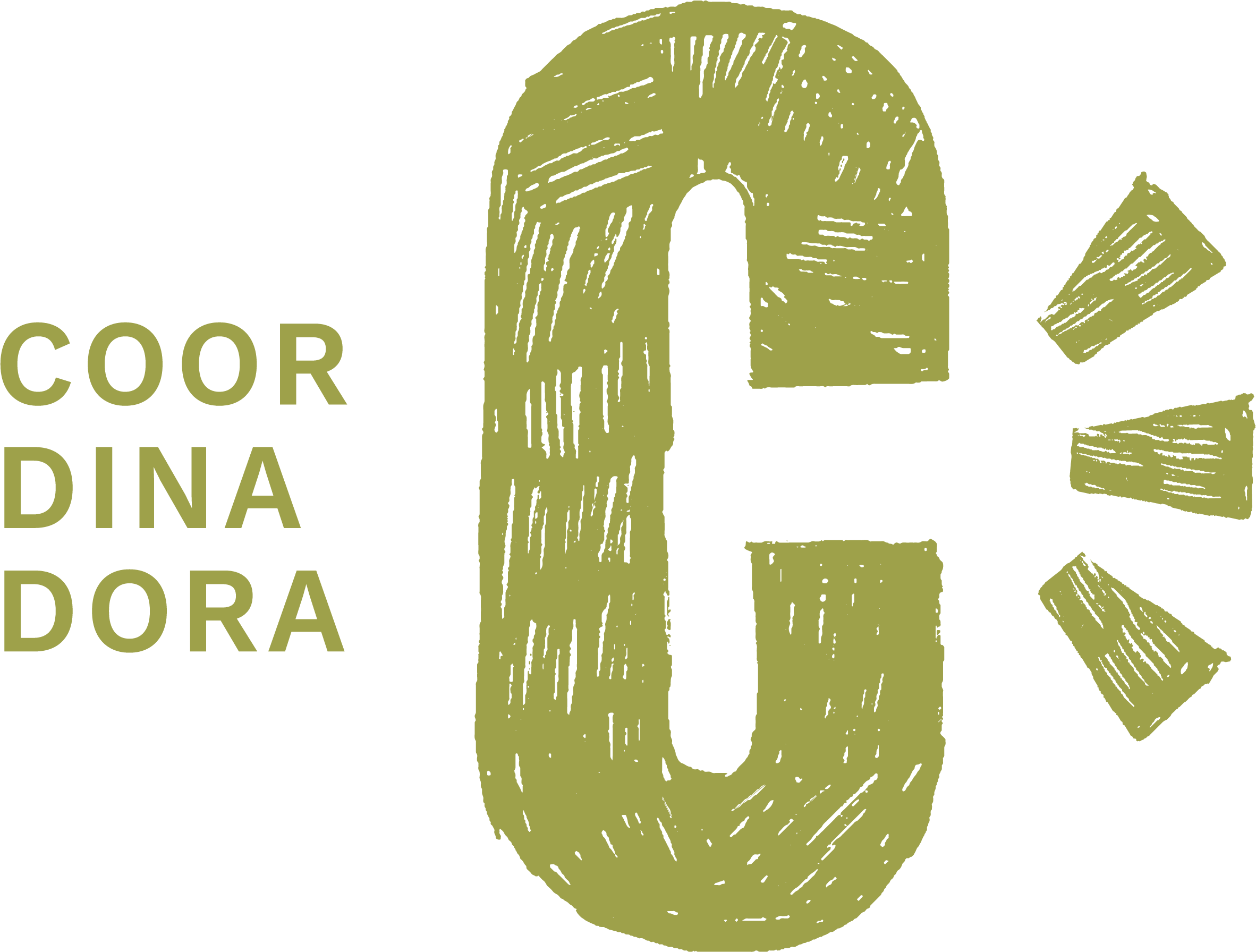History of Peace in the West
In these times of insecurity and uncertainty, we must resist cynical efforts to divide communities and portray neighbours as ‘the other’. Discrimination, racism and xenophobia diminish us all. It prevents people — and societies — from achieving their full potential. Together, let us stand up against bigotry and for human rights. Together, let us build bridges.
Together, let us transform fear into hope. In this common endeavor, art can become an important vehicle for each person, individually and in community with others, and groups of people to express their views, being the artistic creativity an important element for the development of vibrant cultures, which contributes to the functioning of societies.
The Declaration and Program of Action on a Culture of Peace recognizes that the adherence to the principles of freedom, justice, democracy, tolerance, solidarity, cooperation, pluralism, cultural diversity, dialogue and understanding at all levels of society and among nations is a vital element for the promotion of peace. These principles are promoted by the UNESCO Chair on Peace, Solidarity and Intercultural Dialogue of the Abat Oliba University CEU.
In this book we try to make a historical peace journey from the Ancient Greece and Rome to the modern times, through the living testimony of some wellknown thinkers, artists and philosophers. In this way, this book promotes a broader exchange of knowledge and a better understanding of the cultural heritage of our humankind








